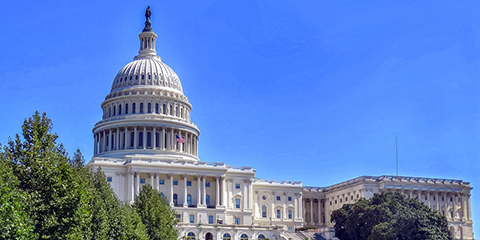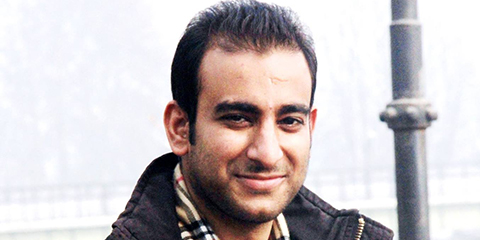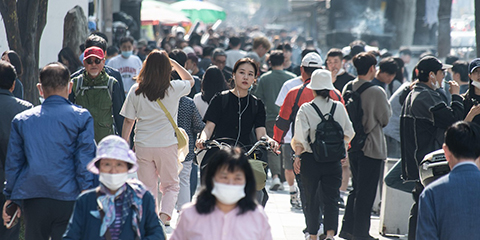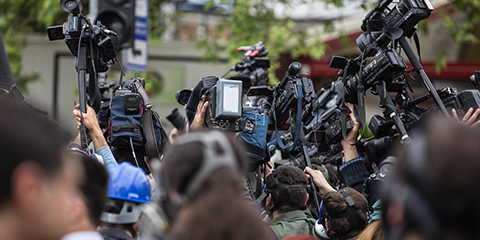Conference assesses media's role in covering conflict, violence
JournalismPakistan.com | Published 6 years ago
Join our WhatsApp channel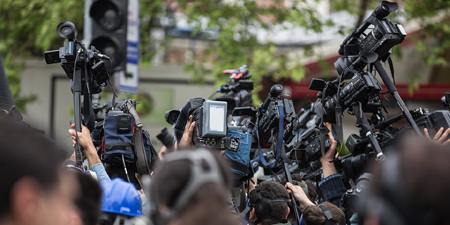
ISLAMABAD – A two-day International Conference on Media and Conflict organized by Pakistan Peace Collective – a research and communication project of the Ministry of Information and Broadcasting concluded on Thursday at Bahria University Islamabad.
The Minister for Information and Broadcasting Fawad Chaudhry was the chief guest at the closing session while Minister of State for Interior, Shehryar Khan Afridi chaired an important plenary - the rise of terrorism and media perception on Pakistan - alongside senior journalists and top academicians.
The conference was the first government-led academic initiative which highlighted and assessed the Pakistani media’s role in covering conflict and violence in the country and beyond. It featured national and internationally acclaimed scholars, academics and senior journalists who analyzed media discourses and their impact on conflicts, including terrorism and violent extremism.
The conference also showcased the latest research on media discourse on extremism, terrorism, and violence in the country, and assessed how conflict reporting and peace journalism could be institutionalized both in the media industry and university level across Pakistan.
Addressing the audience, minister Fawad reiterated the government’s resolve to address all forms of violent conflicts the nation faced. He said that Pakistan had successfully overcome the menace of terrorism and it will fight similar conflicts with equal vigor and resolve.
He appreciated the Pakistan Peace Collective and all the partnering organizations for organizing this international conference when it was most needed.
Sharing his thoughts on the conference, the Chief Executive Officer of Pakistan Peace Collective (PPC), Shabbir Anwar said the conference served as a platform for top scholars, academics, journalists and counter extremism specialists from Pakistan and across the world to sensitize and educate people on conflict reporting, and combating violent extremism on the communications front.
He said that his organization would keep working for standardizing and professionalizing conflict reporting alongside its initiatives for peacebuilding in the country.
The conference on media and conflict featured global scholars like Dr. Rune Ottosen, Oslo Metropolitan University Norway, Dr. Elisabeth Eide, Oslo Metropolitan University Norway, Dr. Jake Lynch University of Sydney, Australia, noted journalist Owen Bennett Jones, Dr. Hassan Abbas, and National Defence University, USA, besides a galaxy of celebrated names from Pakistan’s academic and media landscape.
The conference was inaugurated a day before by President Dr. Arif Alvi while Minister of Education, Shafqat Mehmood and Federal Secretary, Ministry of Information, Shafqat Jalil were part of different plenary sessions.
The organizers hope the conference will provide a stepping stone for standardizing conflict reporting so that the media’s power and influence in opinion making could be used for conflict mitigation and resolution.












